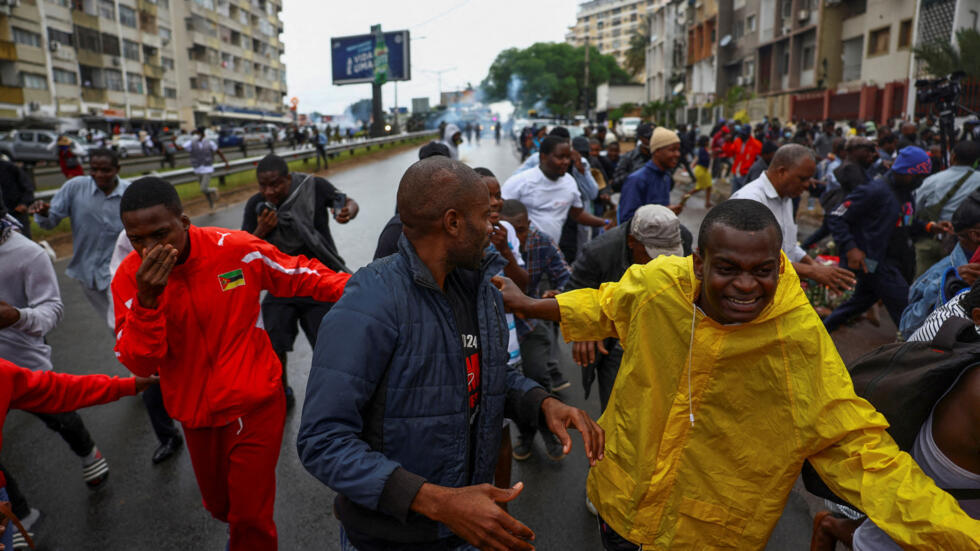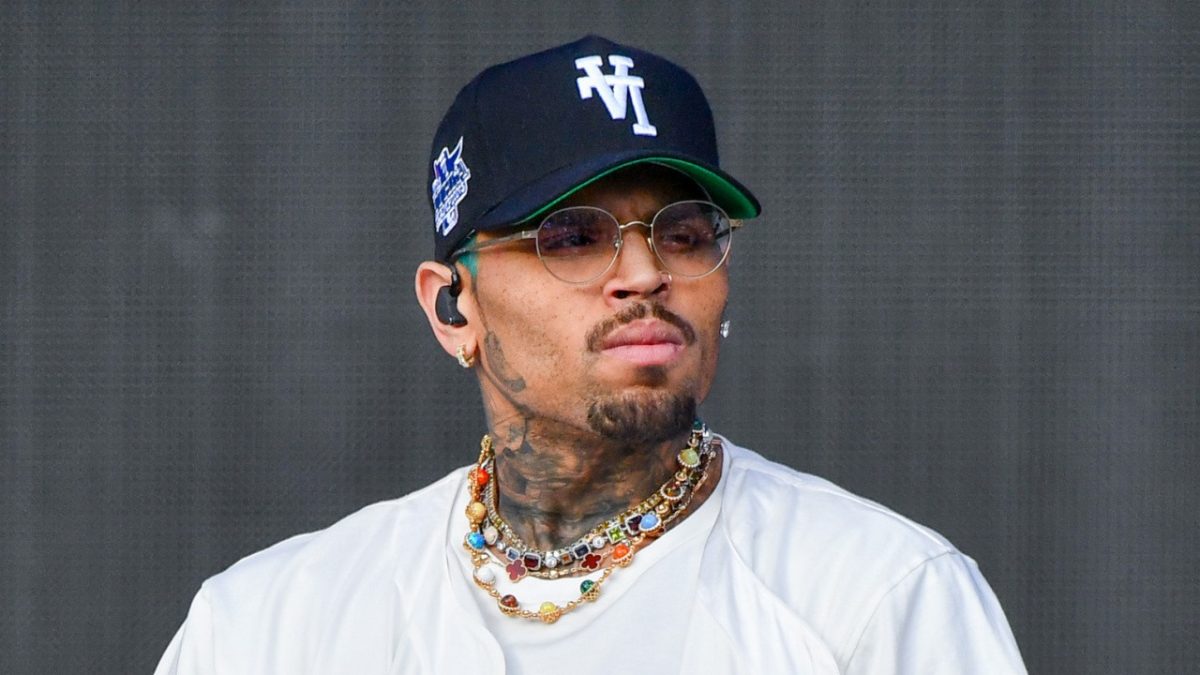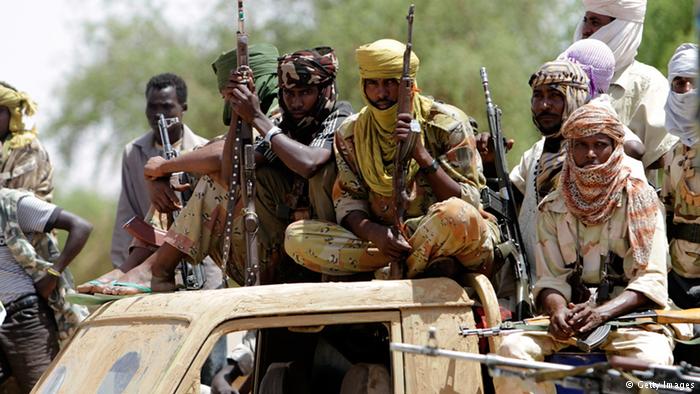
Mozambique: Crackdown on protesters after political assassinations
Mozambique is going through a dark period, marked by increasing political violence and a brutal crackdown on protesters. Following the assassination of several political figures, public anger has erupted on the streets, but the authorities have responded with violent repression, exacerbating social tensions.
Climate of terror after political assassinations
The recent series of assassinations that have rocked the country have deeply shocked the nation, rekindling fears of a new wave of political violence. Several prominent political figures linked to the opposition have been targeted, creating an atmosphere of fear and instability. These assassinations appear to be part of a broader strategy to silence critical voices and consolidate power.
Mozambique's security forces have responded with an iron fist against protesters demanding justice and denouncing impunity for the perpetrators of these crimes. Peaceful demonstrations, which have spread to major cities across the country, have been met with harsh repression by police, who have used tear gas and rubber bullets to disperse the crowds.
A repression that fuels popular anger
The violence by the security forces has only fueled the anger of the protesters, who denounce the authoritarian drift of the Mozambican government. Several videos circulating on social networks show shocking scenes of police brutality, with civilians beaten and arrested simply for participating in the demonstrations. The government, for its part, justifies this repression by saying that it is a matter of maintaining public order in the face of what it describes as “riots” orchestrated by “enemies of the nation.”
But international observers and human rights organizations see this repression as a flagrant violation of fundamental freedoms. The NGO Human Rights Watch has already sounded the alarm, calling on the Mozambican authorities to stop violently repressing the demonstrations and to seriously investigate the political assassinations.
The political crisis: towards a dangerous impasse
Mozambique, already weakened by years of conflict and corruption, risks falling into an even deeper political crisis if the situation continues to deteriorate. The current repression could push some opposition groups to adopt more radical methods, which could lead to a spiral of violence that is difficult to control.
Moreover, impunity for political assassinations raises doubts about the government's ability to guarantee justice and security for all its citizens. The population is demanding not only an end to political violence, but also more transparent governance that respects fundamental rights.
President Filipe Nyusi, who is facing growing criticism, must quickly find a solution to ease tensions and restore trust in institutions. However, his ability to respond to popular aspirations remains uncertain, especially as his regime is increasingly accused of tightening its grip on power.



Leave a comment
This site is protected by hCaptcha and the hCaptcha Privacy Policy and Terms of Service apply.